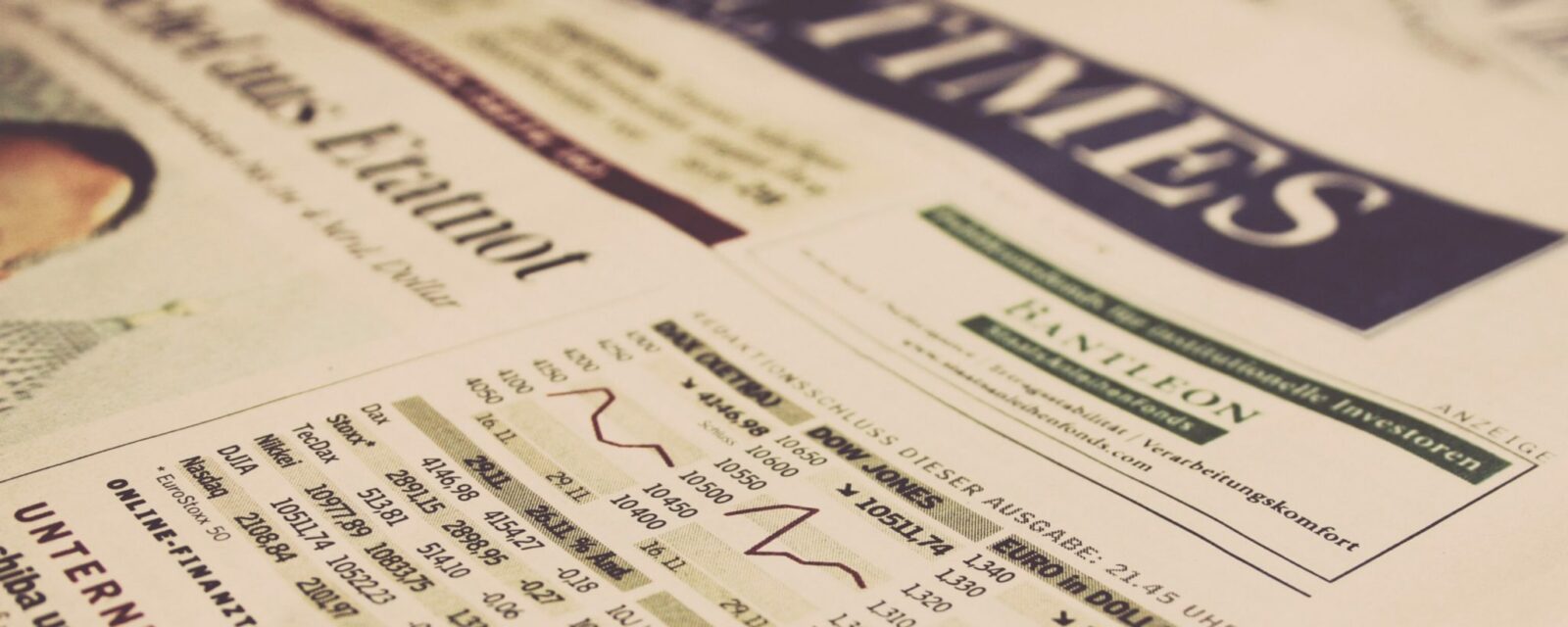State & Local Tax Hot Topics for the Banking Industry

As summer winds down and we look toward the fall, there are two current state and local tax “hot topics” that we want to bring to your attention. Both of these items are relevant to financial institutions.
Massachusetts paid Family Medical Leave – October 1, 2019 implementation date
As outlined in more detail in previous BNN articles, Massachusetts enacted a paid family medical leave program last year. Benefits will not be available until 2021, but Massachusetts employers are currently scheduled to begin making payments to fund the program on October 1, 2019.
At this time, we expect the October 1, 2019, date to remain fixed. The Department of Family and Medical Leave has been posting updates on their website. Some questions do remain and we are following current developments both at the state level and through various trade organizations.
To the extent they have not done so already, employers should review these new rules and determine applicability to their businesses with their human resources and benefits teams as soon as possible in order to ensure timely compliance. The deadline to notify current employees is September 30, 2019. Where applicable, exemption applications are due by December 20, 2019.
Self-assessment of use tax on purchases
Sales taxes continue to remain in the spotlight for all types of businesses, as well as with practitioners and state and local taxing authorities, in the wake of last summer’s U.S. Supreme Court decision in the Wayfair case. While many businesses are focused on their responsibilities in connection with sales to customers, we find that many companies do not have policies in place to effectively assess where they may need to remit use tax on purchases. This is of particular importance in the financial services industry where transaction taxes are often not foremost in management’s mind because the services provided by such companies generally do not require sales tax registration, collection, and remittances.
An obligation to self-assess use tax most commonly arises when purchases are made from out-of-state vendors who may have nexus and a collection responsibility in the state of use. Every state that imposes a sales tax also imposes a corresponding use tax. Software purchases are the most common exposure area that we encounter, but printed materials can also lead to use tax questions.
Software is generally taxable in the state where it is used, although state rules regarding taxation of software, including software as a service (SaaS), can vary. In Massachusetts, for example, sales, licenses, and/or the ability to access prewritten software online often are taxable, unless the facts suggest that the true object of the transaction more closely resembles a service than a taxable use of software. Determinations in this area are highly fact-specific and typically involve gathering information from the purchaser’s employee users, as well as a review of the underlying contracts, invoices, etc.
It is possible that more vendors will be required to charge sales tax following Wayfair, but for now, use tax self-assessments remain an issue that we encounter quite frequently in terms of questions from our client base, and also in dealing with state taxing authorities. As a result, we recommend that financial institutions have a process in place to review invoices as they come in for potential use tax consequences.
If you have any questions or if you would like to further discuss either of these items in more detail, please contact Leanne Scott or your BNN tax advisor at 800.244.7444.
Disclaimer of Liability: This publication is intended to provide general information to our clients and friends. It does not constitute accounting, tax, investment, or legal advice; nor is it intended to convey a thorough treatment of the subject matter.
